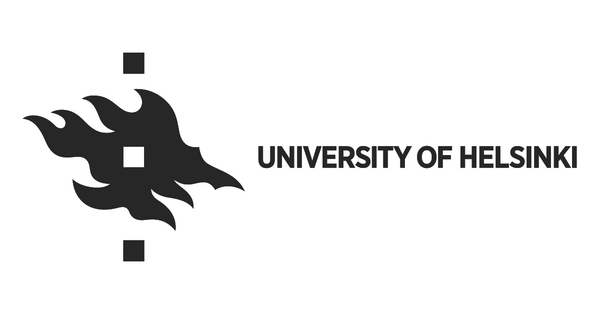University of Helsinki: Three misconceptions blocking the sustainability transformation – Researchers list 28 ways to overturn them
“It’s extremely difficult to carry out the sustainability transformation.” “People’s everyday lives will be the same in the future as today.” “Economic growth can continue while we reduce the strain on the environment.”
None of the above statements are true, yet many believe in them. If Finland wants to succeed in the sustainability transformation, such fallacies must be eliminated. This denotes a major transformation that transcends societal sectors, and where many things are redesigned simultaneously so that progress towards an increasingly sustainable and just society becomes possible quickly.
What is needed, in addition to eliminating fallacies, is enthusiasm for making such change.
“Creating a positive future outlook for Finland is of the utmost importance,” emphasises Professor Eeva Furman from the Finnish Environment Institute, chair of the Expert Panel for Sustainable Development composed of researchers.
What helps in tackling fallacies?
A recent publication by the Expert Panel for Sustainable Development demonstrates that the implementation of the sustainability transformation is feasible. It is comparable to the establishment of compulsory education or the pension system, and the result may even be more comfortable and stress-free living.
“We don’t have to think about what we have to give up. Rather, we have to think about how we’d like to live.”
What is also clear is that the current way of living cannot continue with minor adjustments. People’s everyday lives will be radically transformed when they must transition to a sustainable lifestyle.
“The transition will be either controlled or chaotic,” Furman stresses. Decision-makers must let go of the compulsive pursuit of economic growth, which leads to increasing environmental strain and threatens wellbeing in the long term.
Do away with harmful business subsidies and offer schoolchildren tools for problem-solving
The Expert Panel for Sustainable Development has listed 28 steering recommendations for the government, which it can utilise in support of the sustainability transformation in nine sectors. According to the panel, the government must, among other things, oblige businesses to link environmental effects with the price of their products. Industries that damage the environment must be scaled down and phased out to reduce the environmental load.
“This requires, for example, redirection of business subsidies,” Eeva Furman notes.
The value added tax rate for commercial media must be reduced, enabling them to give up advertising that promotes unsustainable lifestyles and to fund their operations through subscription fees. Long-term funding must be secured for multidisciplinary solution-oriented research, enabling researchers to concentrate on their core duties.
Futures consciousness must be enhanced through education – both at different levels of school and by means of lifelong learning. In schools, sustainability issues must be linked to curricula. Pupils and students should be guided to understand the symbiosis between nature and humans, to learn sustainability skills and to accumulate means to cope with both personal and societal crises. Learning that contributes to building a sustainable future must also apply to the adults responsible for making long-term decisions now.
According to Furman, the panel’s recommendations point the way for the transformation. Together with each sector and researchers, it is up to the government to identify the best means to carry out the transformation.
Towards a world of fair wealth distribution
The Expert Panel for Sustainable Development emphasises that other wellbeing indicators must be added alongside gross domestic product. At the moment, all economic growth is considered good even though some of it is destroying the preconditions for life.
Moreover, wealth must be distributed more fairly. Decision-makers must establish mechanisms for distributing business income more fairly at the beginning of the production chain. The rise of inequality decreases wellbeing for everyone, including the wealthy.
According to Furman, the sustainability transformation is the best way to prevent asset collapses. Yet there is opposition to its implementation. Many businesses and countries benefit from the current situation, and the transition may result in the loss of many jobs and livelihoods. This is why those who stand to lose something in the transformation must be supported in the transition to sustainable action.

